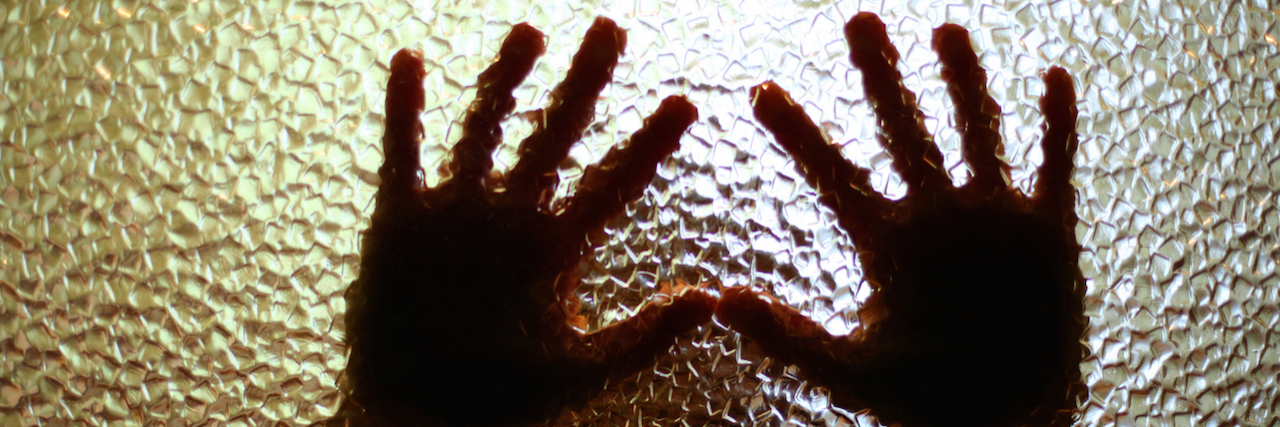The stigma of mental illness, which is an unholy alliance between shame and humiliation, is everywhere. Rampant. It can be found in casual society, on television and in the medical profession.
Take, for example, a few months ago. I was in a treatment group when a man next to me began carping about his “nutty” girlfriend. The woman across from me said, with a slight sneer, “Gee, where’d you find her, CDPC?”
CDPC stands for Capital District Psychiatric Center. I found the comment stinging because I had just been sprung from another nearby psychiatric hospital. I had also almost died.
Then one night I was watching “Real Time With Bill Maher,” and Maher had quipped that Donald Trump got his news from “a passing mental patient.”
Again, I felt a sting and wondered if Bill Maher that mental patients watch his show.
Finally, during an episode of “Untold Stories of the ER,” a bedraggled patient is brought into the emergency room. He is nonsensical, and a toxicology screen reveals cocaine. Consequently, the attending physician dismisses the man as “just a psych patient on cocaine.” However, a resident presses the physician for a head CT and, after a protracted argument about the merits of the patient and his symptoms, they ultimately discover the source of his bizarre behavior. Turns out he was also a college English professor, and his ramblings were James Joyce quotes. Yet again came the sting because I too have been dismissed as just a “psych patient on cocaine.”
Nowhere is stigma more acutely alive than in the aftermath of a suicide attempt. My cousin’s wife recently survived a bout with ovarian cancer and she made a proud YouTube video about it. When I was convalescing in the intensive care unit after a suicide attempt, the doctors didn’t even come to visit me. The sad truth is that suicide survivors are viewed as lucky mistakes. There will be no get well cards, casseroles or flowers. There will however be the silence and scorn of one passing judgment through a prism of moral superiority.
The fact that the stigma of a psychiatric condition still pervades modern life belies the need for a modern campaign against it. That campaign should start with language. I believe the term “mental illness” should be stricken from the lexicon because it is an unhelpful umbrella that assembles an entire spectrum of people into one under its canopy, leaving the impression that everyone is more or less the same.
This is wildly inaccurate; just imagine if the only descriptor we had of a cardiac patient and someone with a roaring case of gout was merely “the physically ill.” It implies sameness of symptoms and sameness of severity. Psychiatric disorders inhabit a vast spectrum, and such a blanket term only reinforces the stigma. Furthermore, most mental illnesses are accompanied by an array of physical symptoms. Interruptions of sleep and appetite are telltale symptoms of a brain going awry. Bipolar disorder is also a disorder of mood, and moods are a collection of emotions, which manifest physically. So it’s time to jettison the tired and inept phrase “the mentally ill” and replace it with something more thoughtful. Likewise, guilt-ridden characterizations must also be thrown on the ash heap. People don’t “commit” suicide; they commit crimes. People die of suicide. People aren’t manic-depressive; they have bipolar disorder.
Modern pharmaceuticals have delivered many of us into new lives. (Albeit not without a tinge of stigma attached to one’s “meds.”) It’s time that we delivered our understanding of the brain and its disorders into a more appropriate and precise plane, free of ignoramuses and full of empathy. Let us start with a fresh dialogue devoid of guilt, shame and humiliation. Anything else is just plain crazy.
We want to hear your story. Become a Mighty contributor here.
Thinkstock photo via Mykola Velychko

